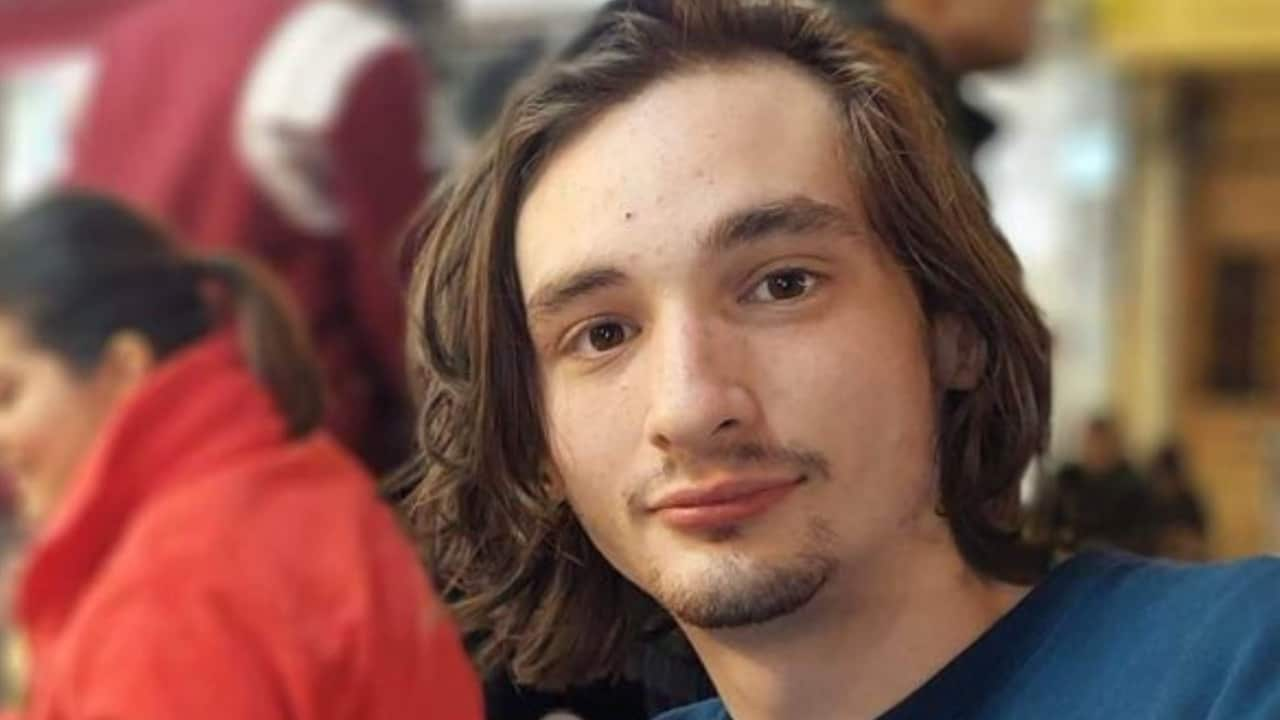Share this @internewscast.com
In recent years, the way we interact online has shaped our behavior in significant, sometimes troubling, ways. This influence is particularly evident among young people, who often find themselves absorbing and repeating language that may be harmful or disrespectful.

A vivid example of this is Jamie, who, as a teenager, found himself hospitalized. During his time there, he reflected on how the words and phrases common in online gaming and social circles had a profound impact on his actions and outlook.
Many of the terms and slurs used in these environments are not just casual banter; they carry weight and meaning that can perpetuate a culture of disrespect. For instance, phrases such as “raped” have crept into the vernacular of online gaming and are casually used to describe defeating an opponent. But is it really appropriate to liken winning a video game to such a serious and traumatic experience?

This language, often seen as just part of the game, can desensitize individuals to the impact of their words. It’s crucial to examine the implications of adopting such language and consider the broader effects it has on how we perceive and treat others.
The influence of gaming and early YouTubers
I believe they introduced and reinforced language rooted in disrespect for others.
Slurs and phrases like “raped” were (and maybe still are) part of the sledging lexicon. But is killing someone in an online video game appropriate to compare to rape?
Male violence against women continues to surge, and it’s hard not to think that language used in male-dominated spaces has no effect on this.

Jamie now believes young men should look to women as role models. Source: Supplied
Male-dominated spaces online and offline
(Peterson has been criticised by some for his right-wing views on political correctness, gender identity and climate change. While Tate is set to stand trial in June 2026 over multiple charges, including rape and human trafficking; he denies all allegations.)
To this I say very simply and bluntly: almost every space out there is a male-dominated space.
Jamie Dunkin
Most of my hobbies and interests were male-dominated and male-led; gaming was male-dominated, sport was male-dominated, culture was broadly male-dominated.
Mistakes leading to maturity
Having your beliefs challenged can be hurtful and embarrassing, but I believe it leads to progress.











